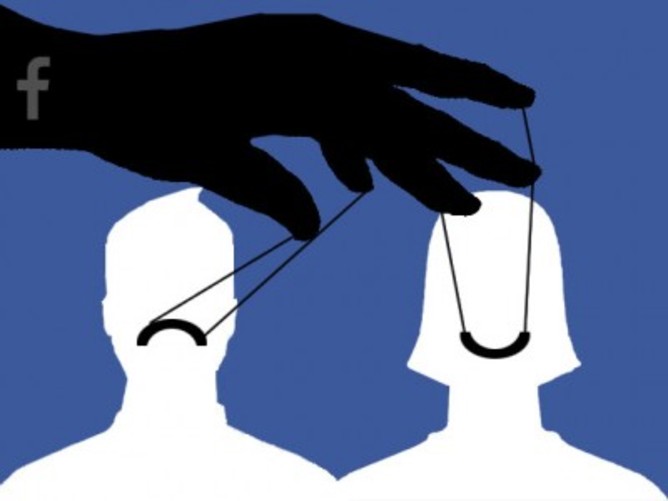It's bad business to criticize your customers too heavily. Gilles-Eric Seralini wrote a paper claiming GMOs cause cancer. Despite it being shown to be so manipulated it should be considered fraud - France is the only civilized country that even allows animal research so unethical - it's still out there and environmental activists and their allies in the organic industry still cite it.

Famed anti-weedkiller activist Professor Tyrone Hayes of Berkeley has a paper still being cited claiming a product named atrazine 'turns frogs gay' and despite it never going through real peer-review, and never showing his data, and even refusing to turn data he claims really exists over to EPA, and me writing in the Wall Street Journal about manipulation of peer review inside PNAS by he and his friend David Wake, and PNAS changing the policy that allowed it to be published, has never retracted the paper despite concerns from the mainstream science community. In the same Wall Street Journal I noted dozens of other papers retracted by publications with far less Impact Factor than PNAS.
The reason it happens so rarely is business. Journals want to be the first place scholars go, especially if they are being paid to publish, so when there is concern about scholarship, they often 'kick the can' over to the institutions paying the authors. Yet journals express no desire for transparency so they don't reveal what happened and the Committee on Publication Ethics says not to take action until the institution reports what it found. Even if an institution does something there may not be retractions - in one high-profile case, an author admitted on his deathbed to rampant fraud - and basically nothing was done.



Comments